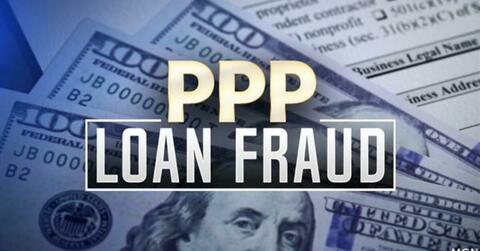By: Richard L. Smith
Arlen G. Encarnacion, a 38-year-old resident of Perth Amboy, has been sentenced to 33 months in prison for his role in a major fraud scheme involving over $2.1 million in federal COVID-19 relief funds. U.S. Attorney Philip R. Sellinger announced the sentence following Encarnacion's guilty plea to charges of conspiracy to commit wire fraud and money laundering in Trenton federal court.
U.S. Attorney Philip R. Sellinger announced the sentence following Encarnacion's guilty plea to charges of conspiracy to commit wire fraud and money laundering in Trenton federal court.
This case is part of a broader investigation into fraudulent activities targeting the Paycheck Protection Program (PPP) and Economic Injury Disaster Loans (EIDL), critical components of the Coronavirus Aid, Relief, and Economic Security (CARES) Act.
This federal law, enacted in March 2020, aimed to provide emergency financial assistance to Americans suffering due to the COVID-19 pandemic.
Encarnacion, along with co-conspirators Jacquelyn Pena, 38, and Kent Encarnacion, 30, also from Perth Amboy, engaged in an elaborate scheme to defraud these relief programs.
While Pena and Kent Encarnacion have each been sentenced to probation, Arlen Encarnacion faced harsher consequences due to his central role in the fraud. According to court documents and statements, Encarnacion submitted 11 fraudulent PPP loan applications and three fraudulent EIDL applications on behalf of non-existent businesses.
According to court documents and statements, Encarnacion submitted 11 fraudulent PPP loan applications and three fraudulent EIDL applications on behalf of non-existent businesses.
These applications included false tax returns and fabricated employee and wage details.
As a result of these misrepresentations, lenders and the Small Business Administration disbursed approximately $2.1 million in funds meant for small businesses in distress.
In addition to his prison sentence, U.S. District Judge Georgette Castner ordered Encarnacion to serve three years of supervised release and pay restitution of $2.18 million.
This case highlights the ongoing efforts of law enforcement agencies, including the U.S. Postal Inspection Service and the IRS Criminal Investigation Division, to combat COVID-related fraud and hold accountable those who exploit pandemic relief programs for personal gain.
